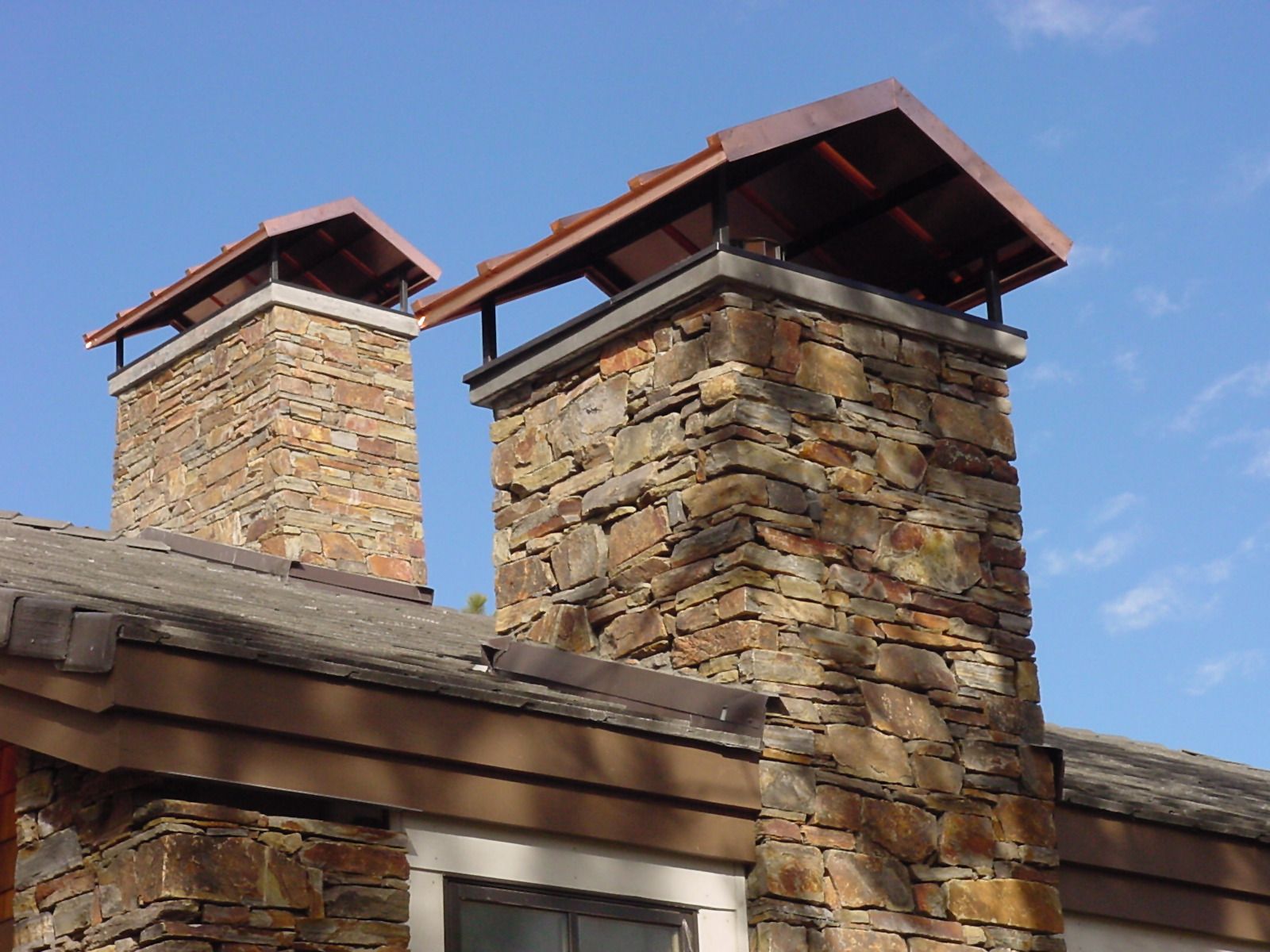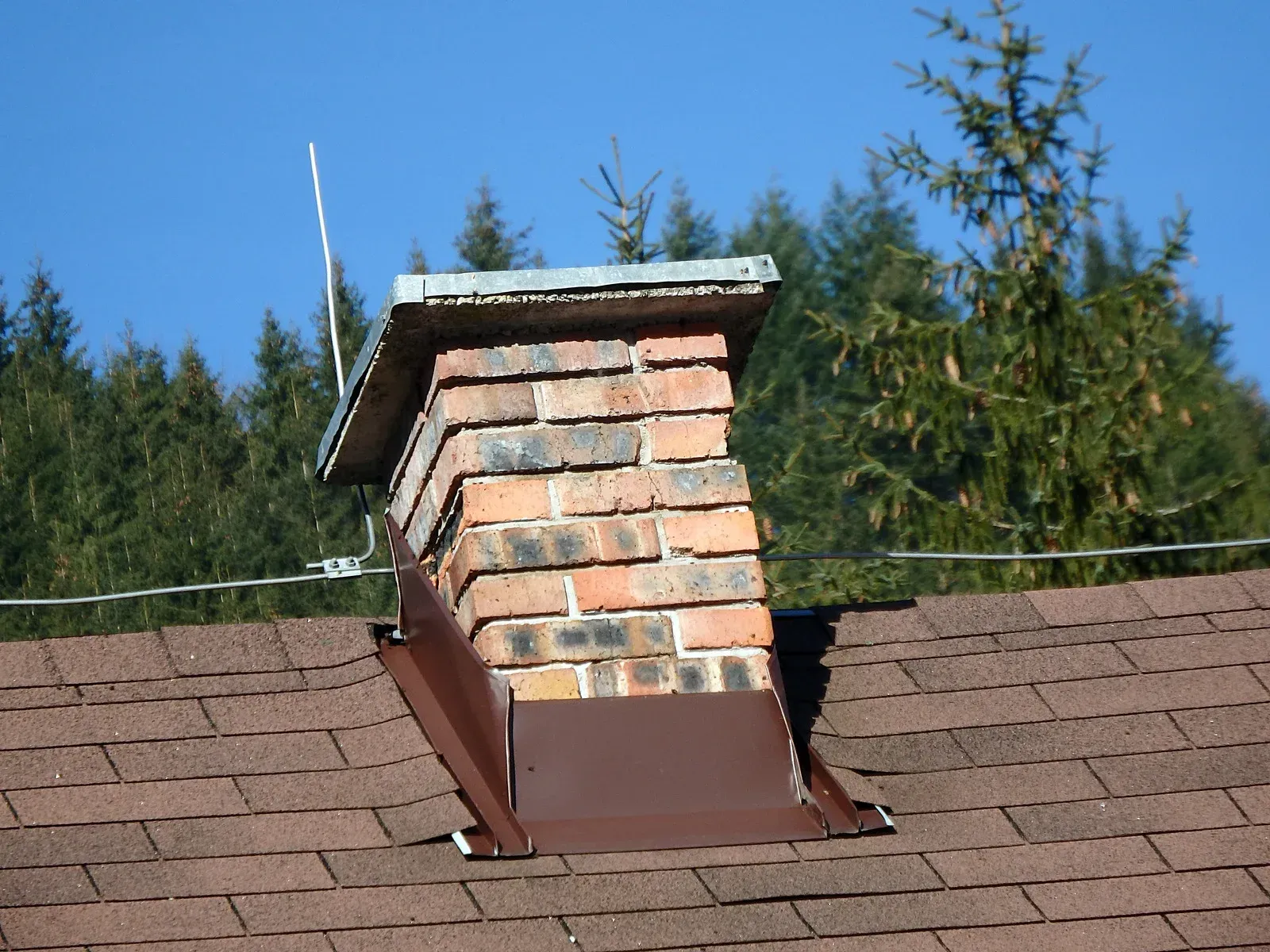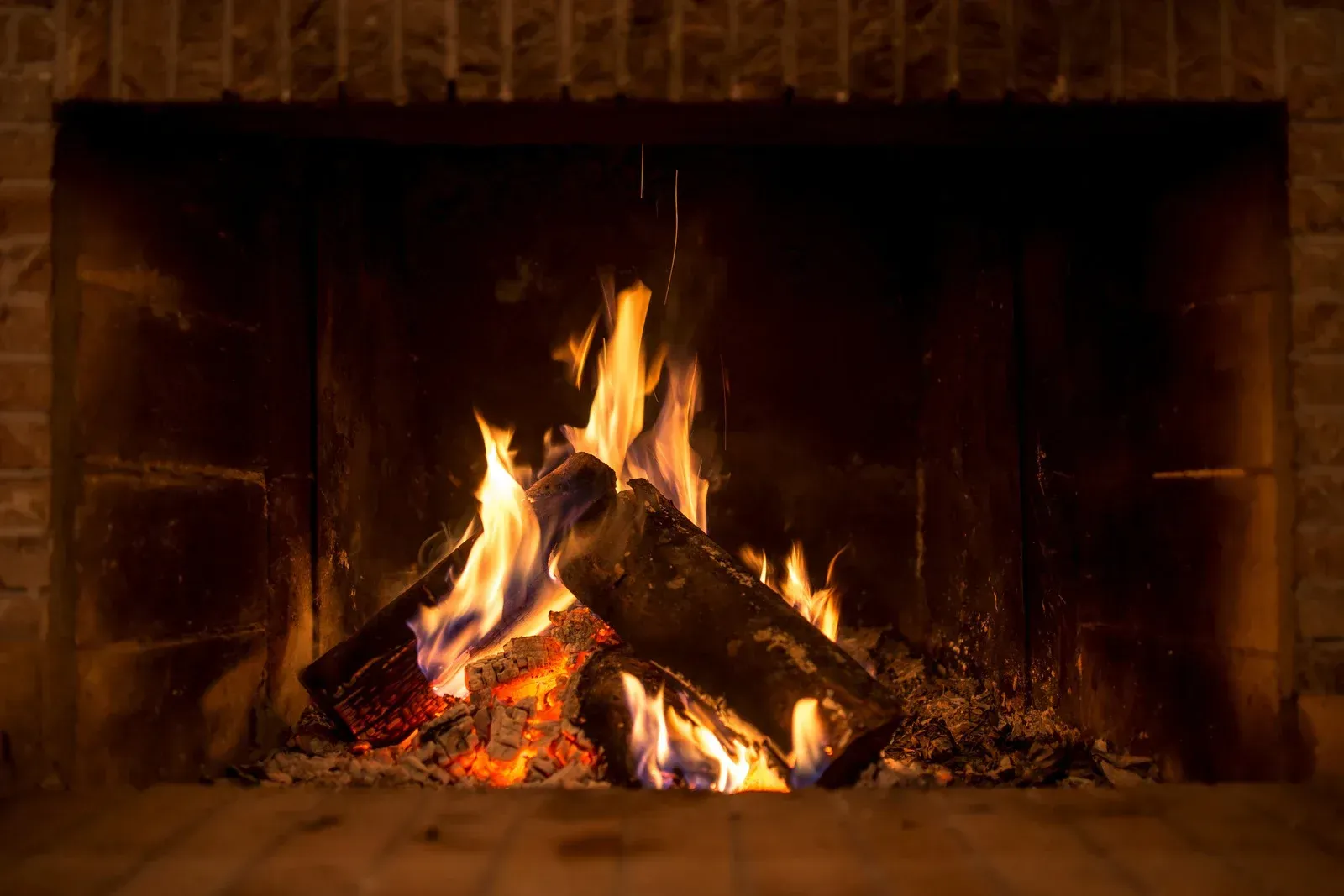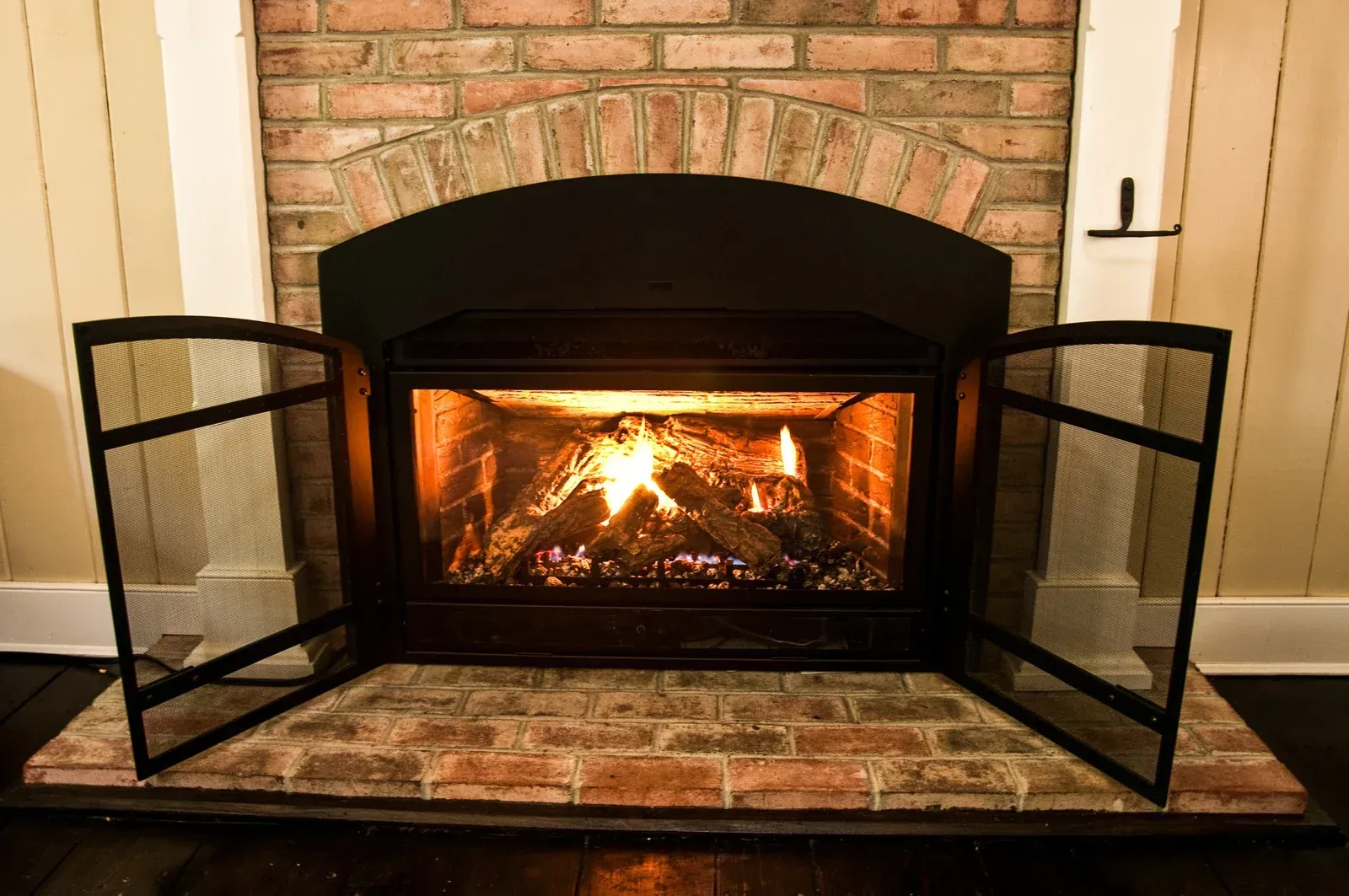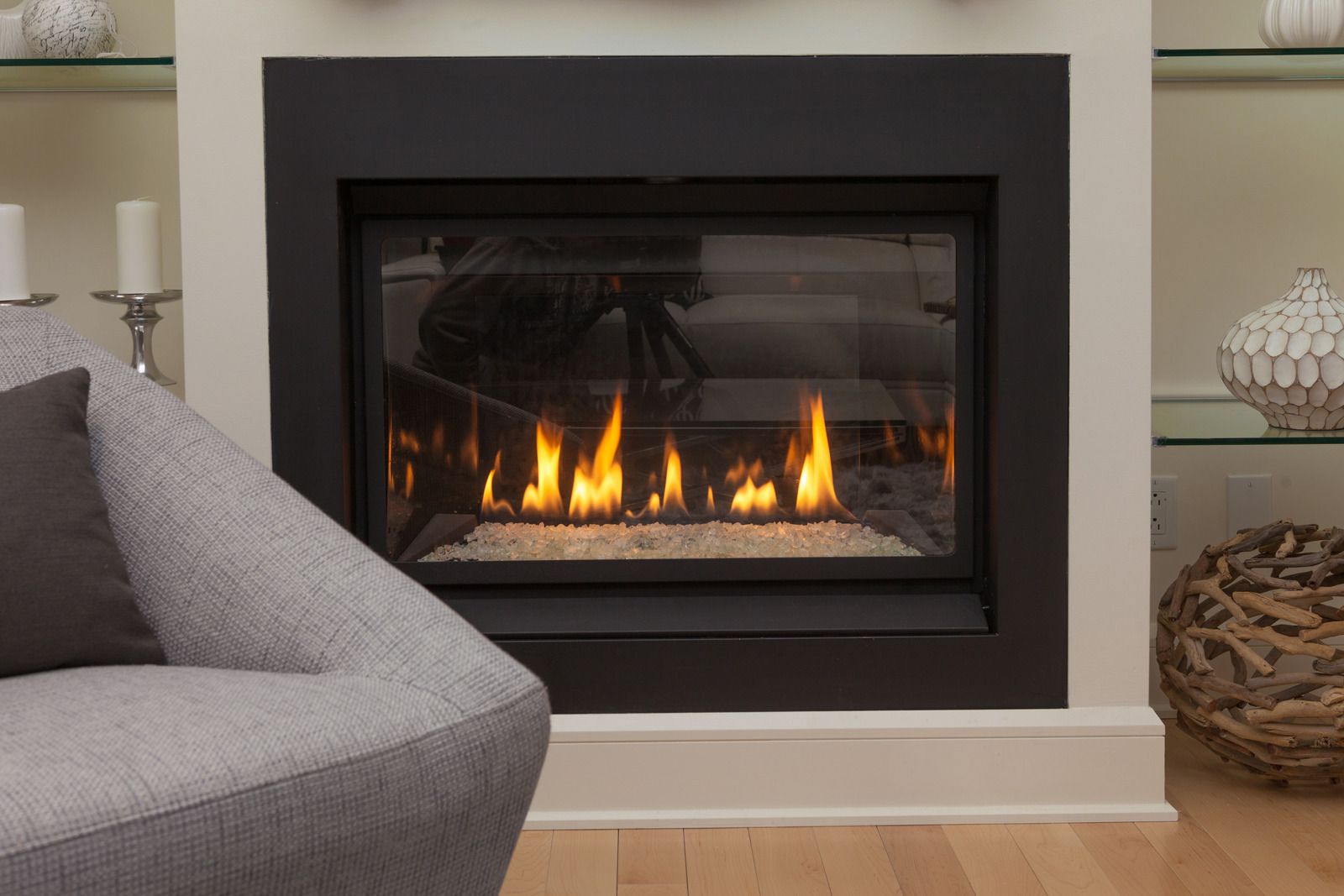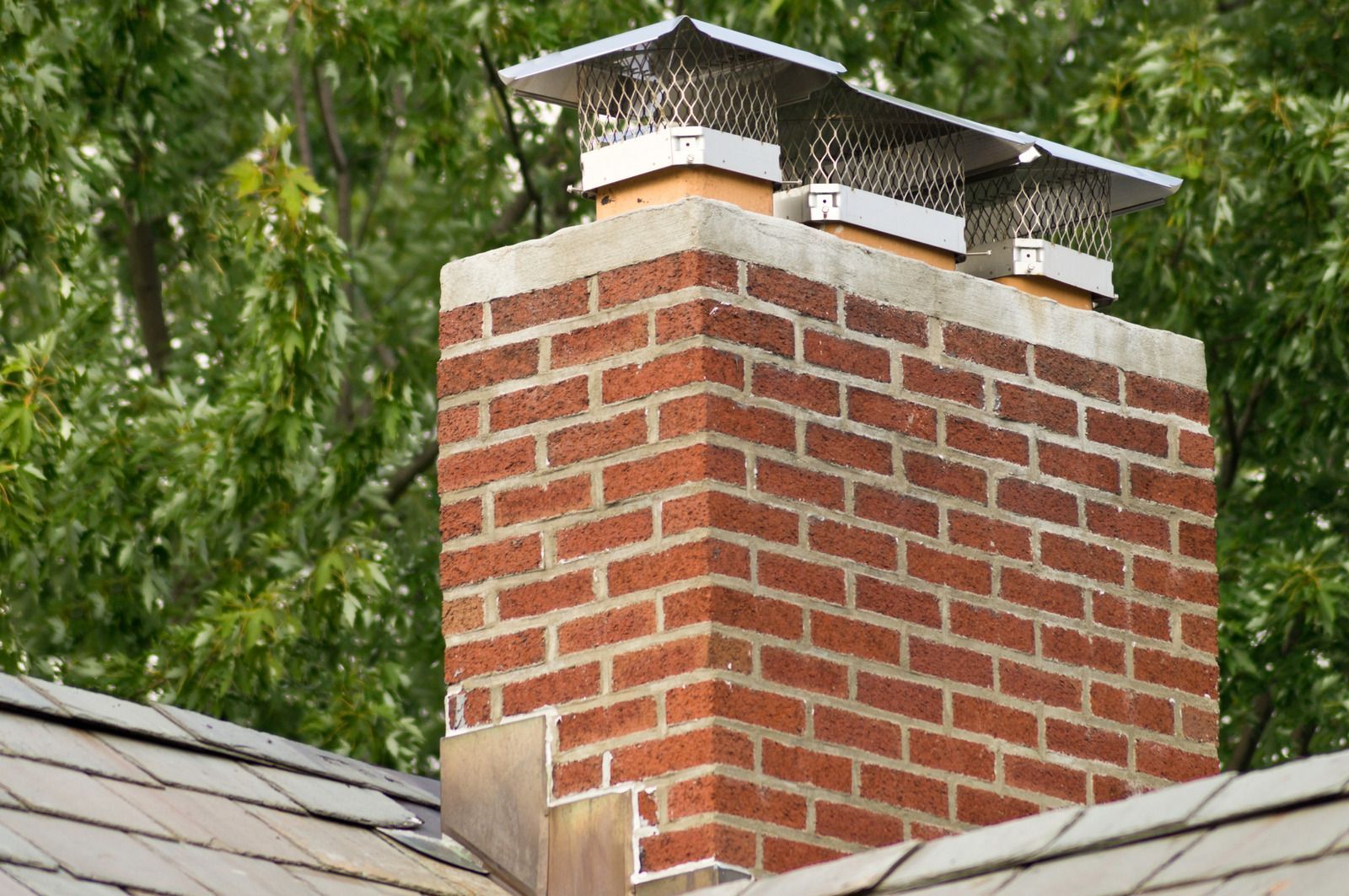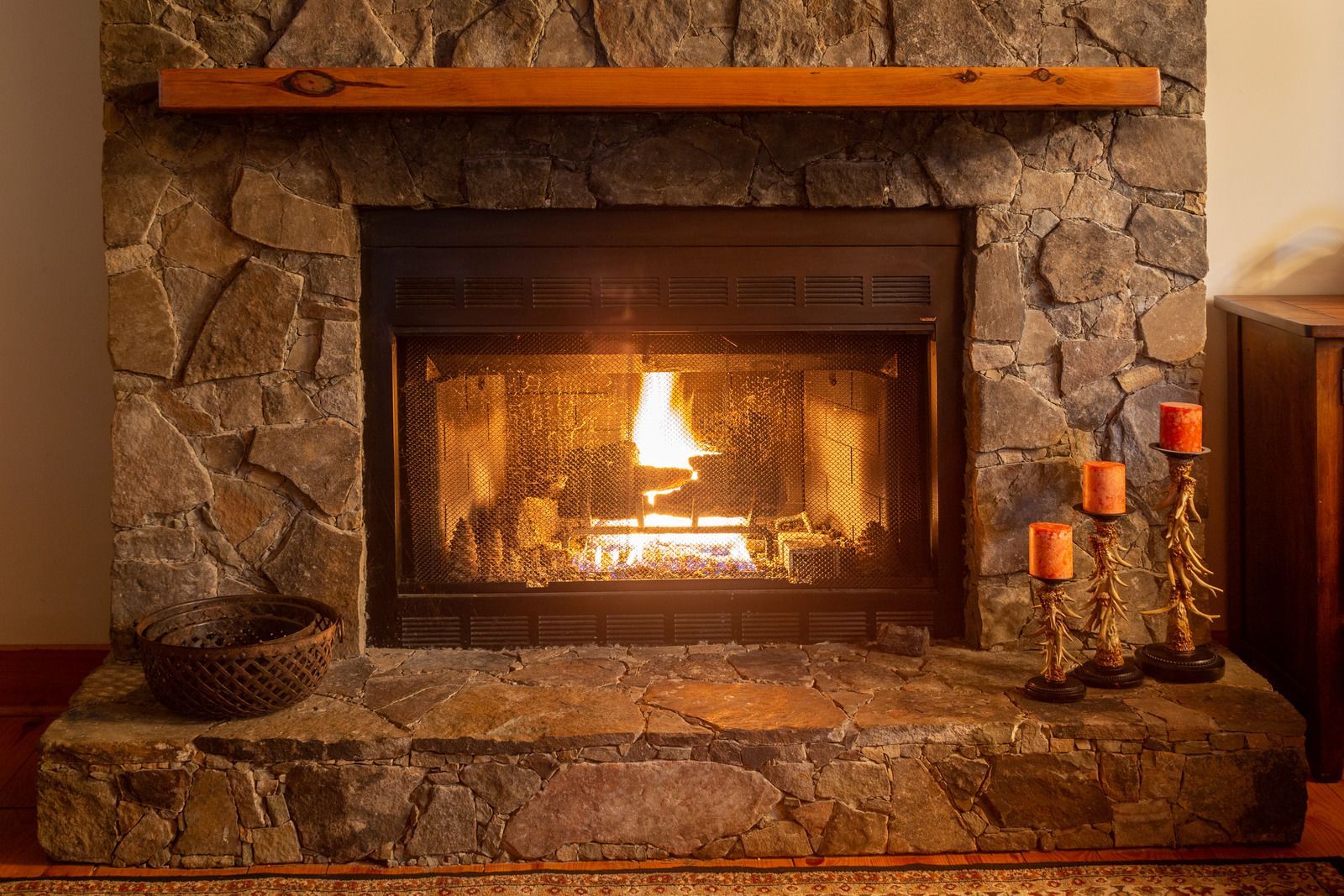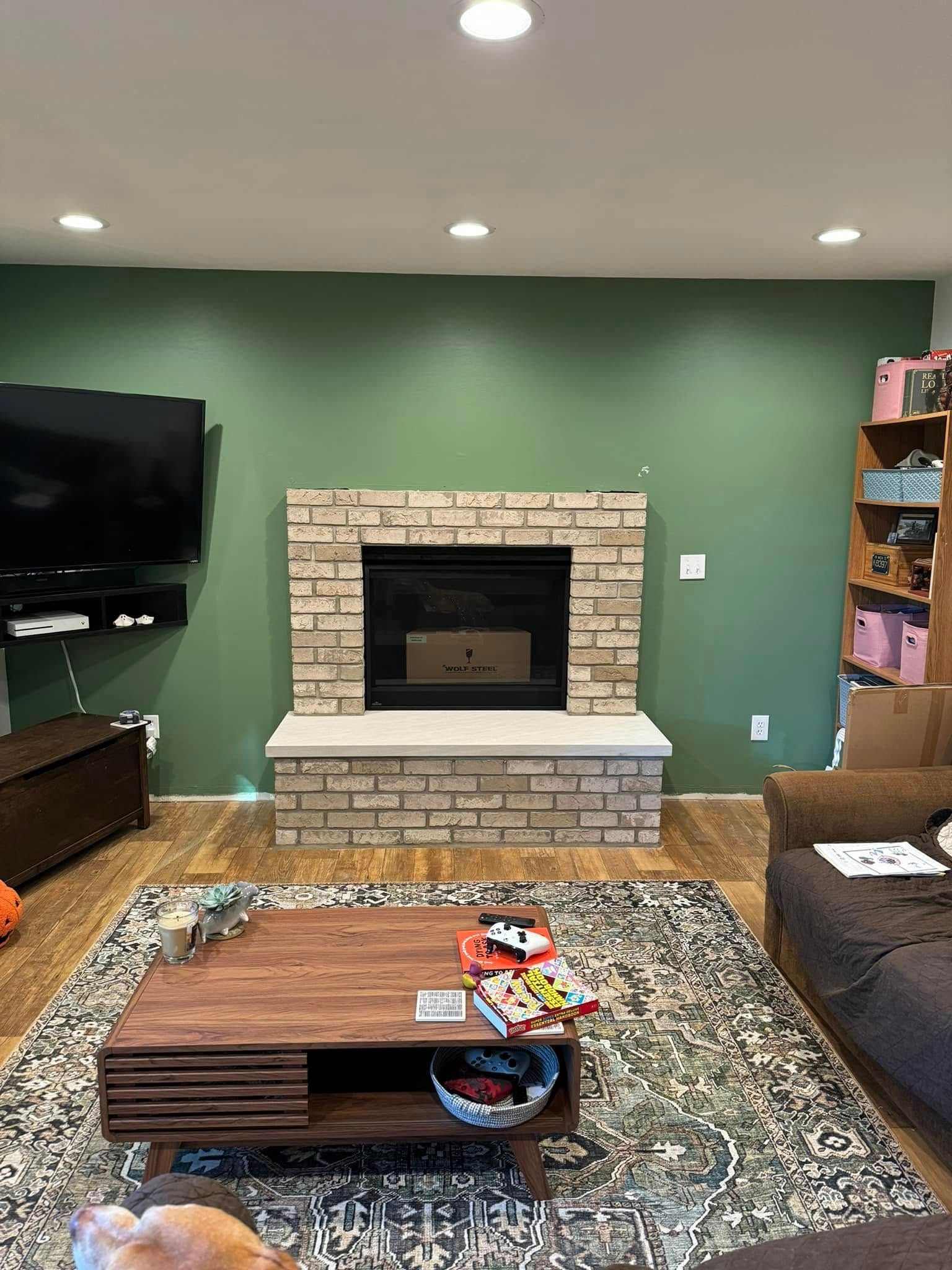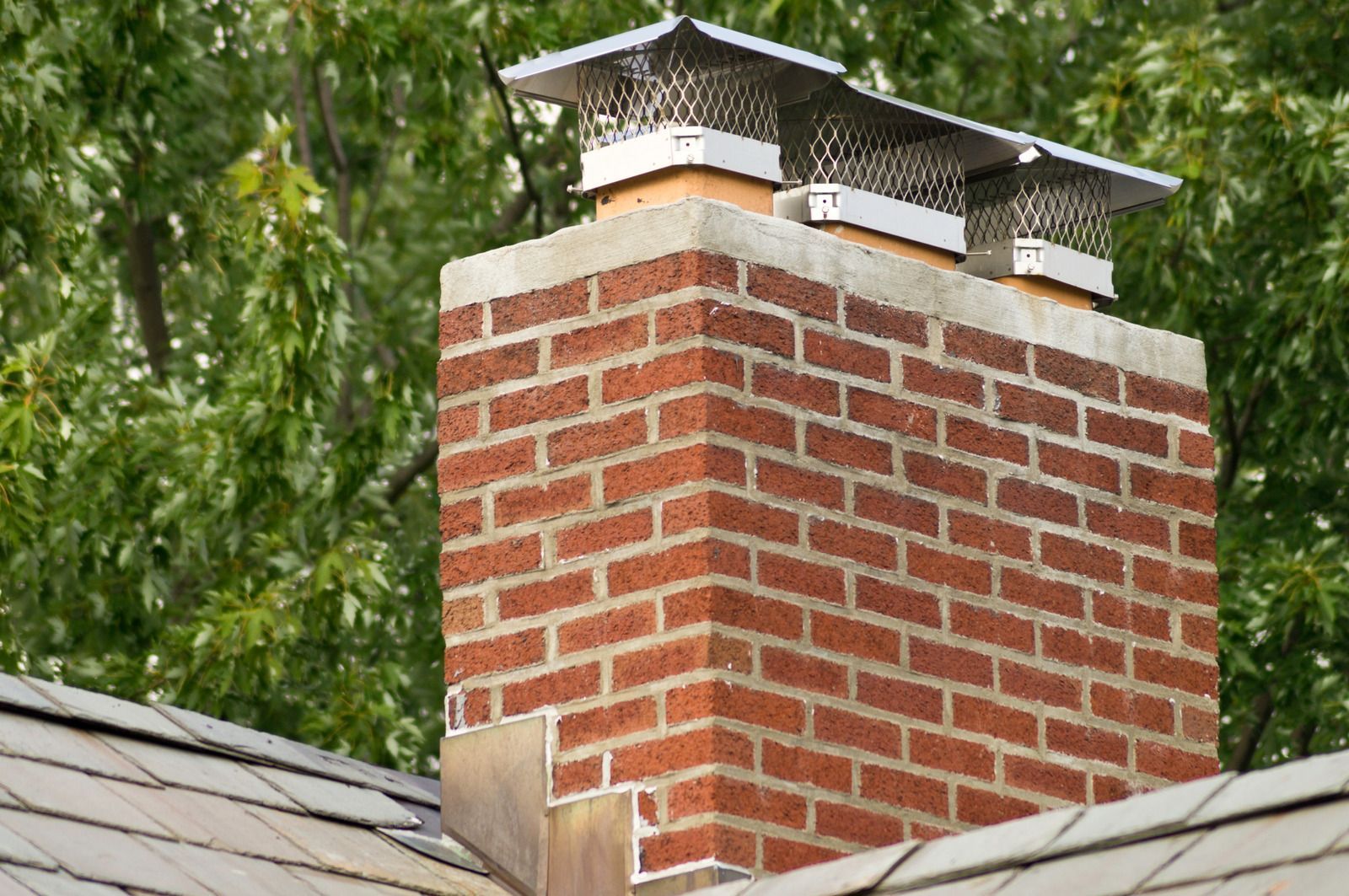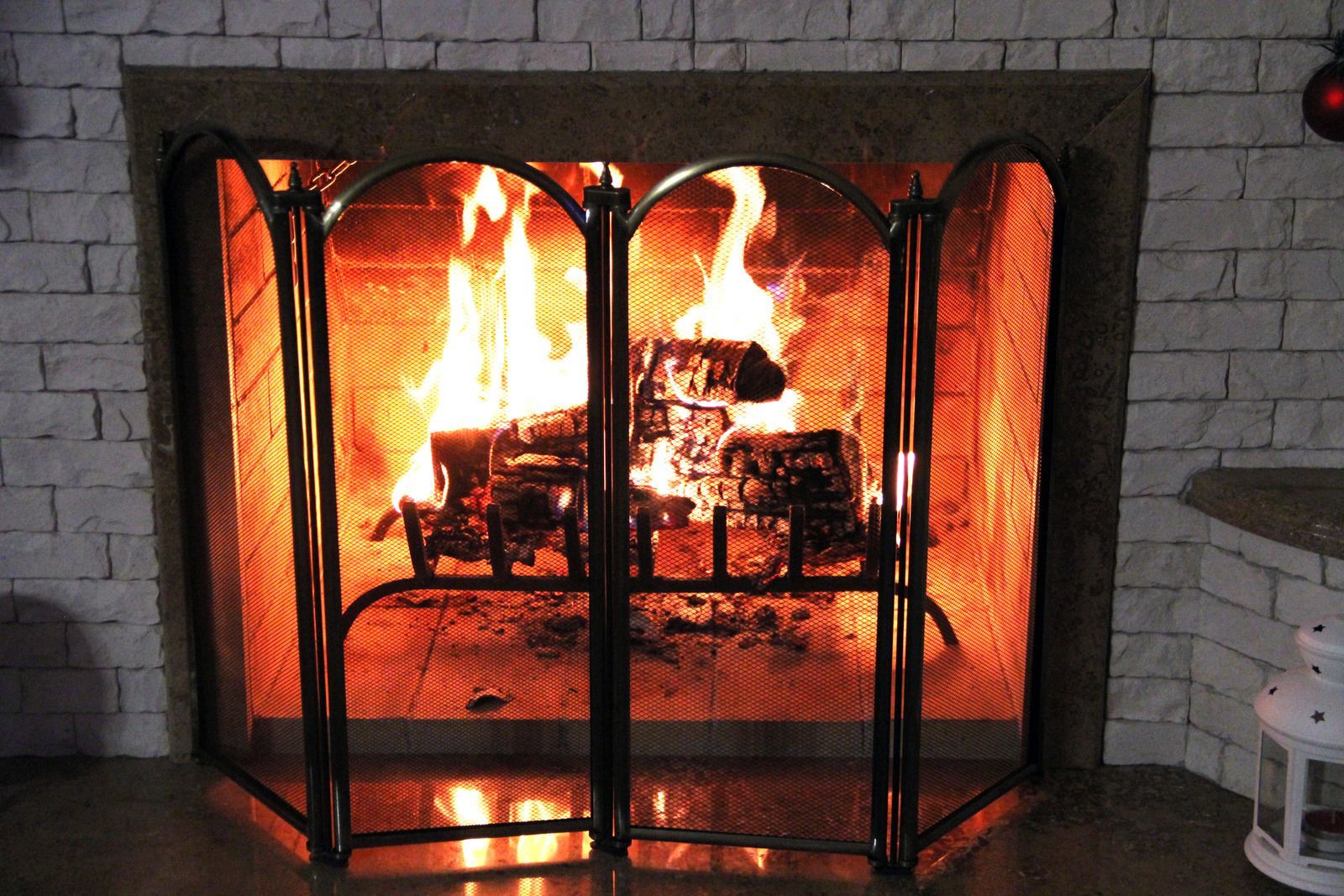Expert Tips for Chimney Fire Prevention and Safety
A cozy fire in the hearth is one of the joys of colder seasons, but it can become a hazard without proper chimney care. Chimney fires are a serious concern, capable of causing significant property damage and endangering lives. This blog provides expert tips for preventing chimney fires and ensuring the safety of your home and loved ones.
1. Understanding Chimney Fires
Chimney fires occur when combustible deposits, often called creosote, ignite inside a chimney. Creosote is a by-product of burning wood and can build up to dangerous levels if a chimney is not regularly cleaned and maintained. These fires can be explosive and loud, or they might burn undetected, slowly causing damage to the chimney structure and potentially spreading to the rest of the house.
2. Regular Chimney Inspections and Cleaning
Regular inspection and cleaning are The most effective ways to prevent chimney fires. It's recommended to have your chimney inspected at least once a year by a professional chimney sweep. These experts can identify and rectify creosote buildup, obstructions, or structural damage that could lead to a fire. Cleaning also removes creosote deposits, significantly reducing the risk of a chimney fire.
3. Choosing the Right Fuel
The type of wood you burn in your fireplace affects the creosote accumulating in your chimney. Always use dry, well-seasoned wood, which burns more completely and produces less creosote than wet or green wood. Hardwoods like oak or maple are preferable as they burn hotter and cleaner than softwoods.
4. Installing a Chimney Liner
A chimney liner protects the masonry from the corrosive by-products of combustion and can help contain and direct the heat and sparks from a fire. If your chimney doesn't have a liner, consider installing one. Regular inspections are vital for those with existing liners to ensure they are intact and functional.
5. Using a Chimney Cap
A chimney cap can prevent debris, animals, and excess moisture from entering the chimney. These obstructions can restrict the flow of smoke and gases, increasing the risk of creosote buildup and chimney fires. A cap also helps prevent embers from escaping the chimney and landing on your roof or nearby combustible materials.
6. Practicing Safe Burning Habits
Safe burning habits are crucial for preventing chimney fires. This includes never overloading the fireplace, avoiding burning paper or trash, and ensuring a fire is out before leaving the house or going to bed. Also, avoid using liquid accelerants as they can cause unpredictable and dangerous burns.
7. Installing and Maintaining Smoke and Carbon Monoxide Detectors
Smoke and carbon monoxide detectors are essential safety devices in any home with a fireplace. Ensure that they are installed on every level of your home and test them regularly. These detectors can provide an early warning in case of a chimney fire or other issues with your fireplace.
8. Education and Awareness
Educating all household members about fireplace and chimney safety is essential. This includes understanding how to properly start and extinguish fires, recognizing the signs of a chimney fire, and knowing what to do if one occurs.
Conclusion
Chimney fires are a preventable hazard. By following these expert tips, you can enjoy the warmth and comfort of your fireplace while ensuring the safety of your home and family. Regular maintenance, safe burning practices, and staying informed are your best defenses against chimney fires.
